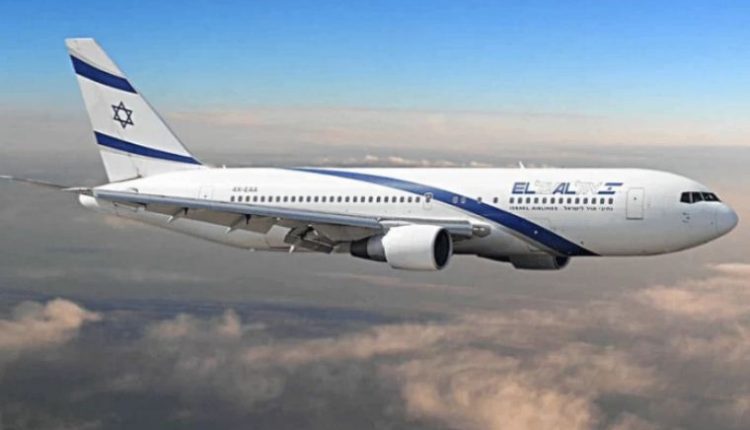OCCUPIED QUDS, Sept. 17 (YPA) – An Israeli report published by the economic magazine “Globes” revealed on Monday that Emirati airlines played a crucial role in keeping travel routes open for Israelis during the war on Gaza. The move occurred at a time when most foreign airlines, particularly Turkish companies, which had been the primary gateway to the world for years, had withdrawn.
According to the magazine, both Flydubai and Etihad Airways continued to operate regular flights to Tel Aviv, with the former running over ten flights daily and the latter operating two to three per day. While Emirates Airlines suspended its direct flights, it maintained its cooperation through codeshare partnerships. Globes considered this commitment to have made the UAE a “lifeline” for Israelis, despite the isolation imposed by an external boycott.
The Globes report was published on the fifth anniversary of the US-brokered normalization agreement between Abu Dhabi and the Israeli occupation.
The report noted that these normalization agreements provided the foundation for this cooperation, allowing flights to use Saudi and Bahraini airspace. This significantly reduced travel times and lowered ticket prices to destinations in Asia. As a result, Dubai and Abu Dhabi transformed into alternative transit hubs, although their activity does not compare to Istanbul, which alone accounted for over 13% of passenger traffic before the war.
Based on figures from the Israeli Airports Authority, Emirati airlines collectively transported approximately 128,500 passengers in August, representing 5.8% of the total. By comparison, Turkish Airlines carried over 382,000 passengers (13.5%) in the same month in 2023. The magazine concluded that the absence of Turkish flights left a significant void that the UAE alone could not fill.
The report also acknowledged that Turkey had been the most attractive tourist destination for Israelis for decades due to its proximity, low prices, and extensive flight network. With the suspension of Turkish flights, many sought alternatives such as Greece, Cyprus, Bulgaria, and Albania, in addition to the UAE.
Despite this, the magazine emphasized that the simple fact that Emirati flights continued while major European and Asian airlines withdrew reflects the strength of the normalization agreements. It also reveals that the UAE provided a vital outlet for the Israeli entity during one of its most difficult moments, as it faced growing isolation due to the war.
YPA


